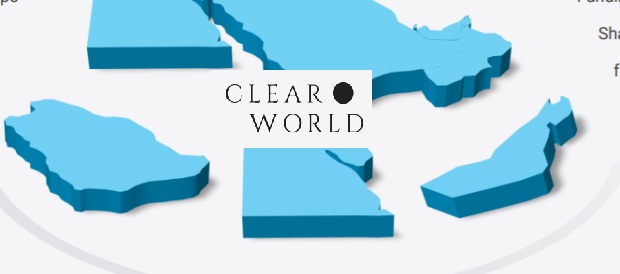Dubai’s Virtual Asset Regulatory Authority is piloting a decentralized exchange project, (DEX), the first of its kind in the MENA region. DEX is a peer to peer marketplace where users can trade cryptocurrencies directly with each other without the need for a central intermediary, differing from centralized crypto exchanges.
According to Mathew White CEO of VARA in a LinkedIn post, ” The conversation around decentralised finance (DeFi) has evolved. Not long ago, the question was “Will it survive?”. Now it’s “How fast can we integrate it? At the Virtual Assets Regulatory Authority [VARA], we don’t see DeFi as a threat to traditional finance (TradFi), but a high-efficiency tool for accelerating its evolution.”
He notes that their DEX pilot, the first in MENA reflects Dubai’s ambition to be the first jurisdiction in the region with DEX regulations. He also notes that it will offer regulatory certainty.
He states, “We’re not afraid to move first, as long as we move responsibly. Dubai’s innovation appetite, combined with VARA’s balanced oversight, is creating one of the world’s most supportive environments for DeFi to thrive.”
The building blocks which are smart contract, DAOs, oracles, dApps, and wallet are not fringe technologies but offer a compelling solution to one of finance’s oldest problems, siloed capital and slow moving liquidity.
He notes that DeFi shrinks clearing cycles, and counterparty risk is replaced with transparent auditable code.
Over $110 billion are currently locked in DeFi protocols, access becomes open and participation global, by default.
He refers to ARK Invest’s Cathie Wood rwho ecently called it a “financial services revolution.” She highlights DeFi’s growing share of futures and spot trading volumes, and an even more striking metric – lending. With DeFi’s share jumping from 15% to over 60%, the implications are profound.
But DeFi has also had its risk with $787 million in losses in 2023, and $474 million in 2024.
This is why according to White, ” At VARA, we’ve built a risk-based licensing regime tailored for this next phase of finance. This includes outcome-based rules and principles, mandatory on-chain audit reports before full protocol licensing, and real-time monitoring of APIs to detect market stress long before retail users feel it. This isn’t regulation for regulation’s sake. It’s about building the guardrails that make innovation sustainable. And in Dubai, we’re not just writing policy – we’re piloting the future.”
Recently Lorenzo Valiente. Director of Research at Ark Invest, highlighted “strong, secular trends” in DeFi. Valente pointed out that despite market volatility and macro uncertainty, DeFi’s share in futures trading has grown from 1.6% to 7% since the fourth quarter of 2022, while its share in spot trading has surged from 7% to 20%.
DeFi’s share in lending also jumped, widening from 15% to over 60%. “DeFi isn’t just surviving — it’s scaling,” Valented said.
According to DeFiLlama, the decentralized cryptocurrency exchanges recorded a volume of $6.82 billion in the last 24 hours, with Uniswap UNI/USD and Raydium RAY/USD being the main drivers. The DEX-to-CEX dominance was over 25%, indicating that decentralized exchanges logged a quarter of the volume compared to centralized exchanges.
Earlier White noted on LinkedIn that the tokenization of real-world assets (RWAs) is no longer an experiment. He stated, “It’s happening right now.” He explained how VARA views tokenization as more than a blockchain use case but rather as a structural shift and the foundation for a new kind of financial system. He explains, ” Everything from real estate and art to commodities and IP can be digitally represented, owned and exchanged in real time.”
So VARA is working on two innovative implementations within the blockchain and crypto ecosystem in 2025, and maybe more to come.
















